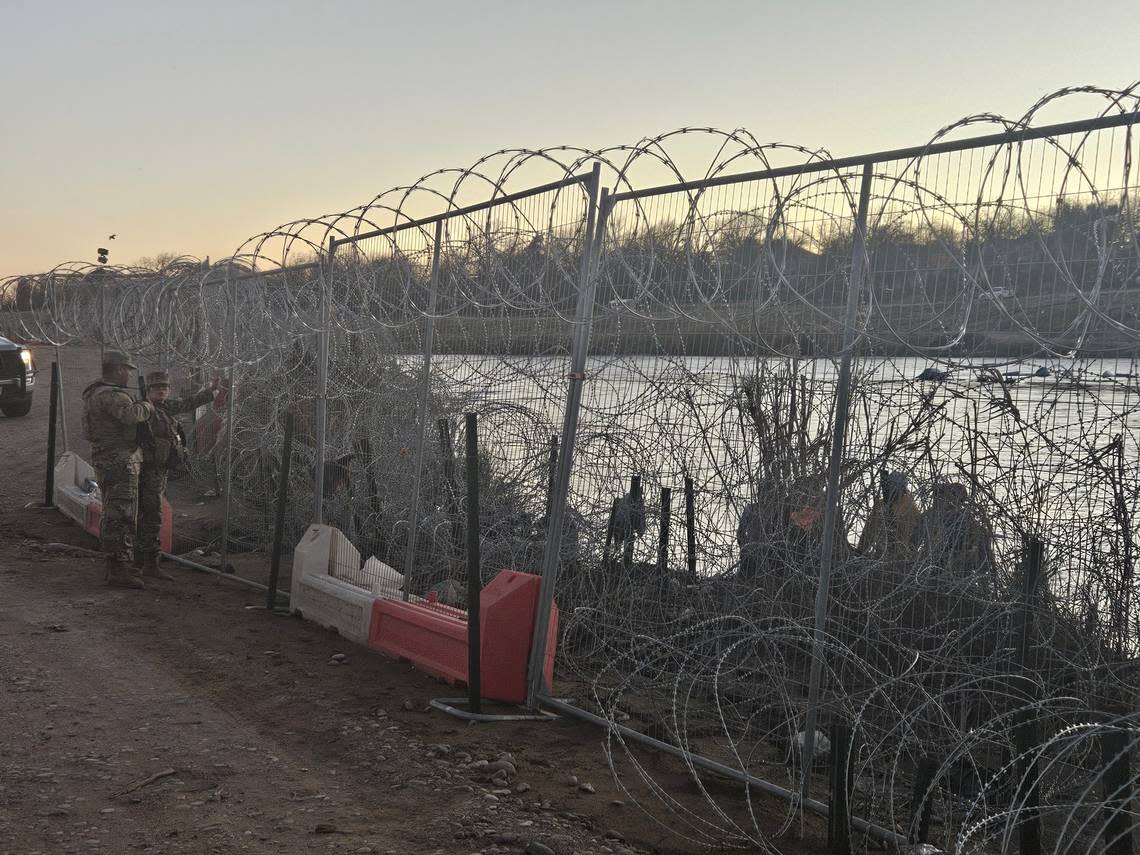Fort Worth police chief says his department won’t focus on immigration enforcement

The mission of the Fort Worth police department won’t change in the wake of a new state law granting the department powers to enforce immigration law, Chief Neil Noakes said in a recorded statement on Monday.
Senate Bill 4, which is being challenged in the courts, makes crossing the Texas-Mexico border without authorization a state crime.
While Fort Worth police will always follow the law, Noakes asserted in the statement that the primary responsibility to enforce immigration laws should be left to state and federal authorities.
“In light of the vibrant growth of our city and the diversity of our communities, our department remains unwavering in its commitment to community policing and making Fort Worth the safest city in the country for all who call this community home,” he said.
Senate Bill 4 passed and was signed into law in November 2023. It was scheduled to go into effect earlier this month, but legal challenges from the Biden administration and a stay by the United States Supreme Court have pushed off its implementation.
Critics of the law have argued it violates the federal government’s constitutional authority to enforce immigration laws. They’ve also compared it to a similar 2010 law in Arizona that grants federal immigration enforcement authority to local law enforcement.
However, Tarrant County Sheriff Bill Waybourn said in his own statement that the law is needed to make Texas and the United States safe.
“We don’t know who is coming across our border or what their intentions are. This law is the first of many steps needed to stop the surge of illegal entry,” Waybourn said in an email to the Star-Telegram, adding that he’s looking forward to the Supreme Court lifting its stay so the law can go into effect.
Tarrant County participates in a federal program that allows sheriff’s deputies work as ICE agents. The contract known as 287(g) refers to a section of the Immigration and Nationality Act that lets law enforcers work with federal immigration officers and “perform immigration law enforcement functions.”

